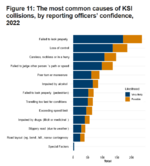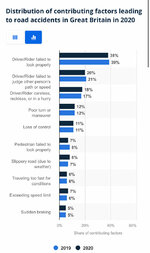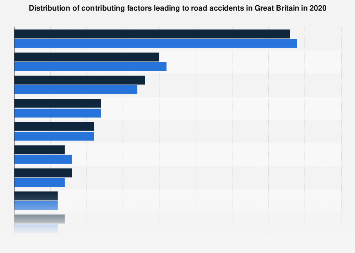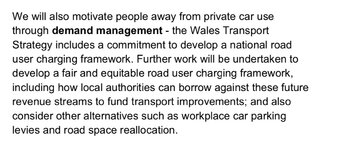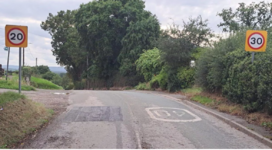Alsty
TS Member
- Favourite Ride
- Fury 325
20mph makes sense on quiet residential roads with lots of parked cars, driveways etc. However it's worth bearing in mind that the speed limit is a maximum limit, not a target. If there are lots of hazards then you should be reducing speed accordingly. You should always be able to stop in the distance you can see to be clear. This applies to any road regardless of posted speed limit.
Regarding signage and enforcement, I think the biggest issue will be when you come from a speed limit >30mph into a built-up area with street lights and terminal signs displaying "30". You can therefore treat it as a 30mph speed limit. However after an ambiguous amount of time, if you have not seen any repeaters for the 30mph limit then you would have to assume it is now a 20mph limit*.
[* this would be analogous to coming from a >30mph road into a built-up area in England where the 30 terminal signs are obscured or missing. The courts would expect you to realise after a while that it's a built-up area and not just carry on at the speed you were doing before]
Regarding signage and enforcement, I think the biggest issue will be when you come from a speed limit >30mph into a built-up area with street lights and terminal signs displaying "30". You can therefore treat it as a 30mph speed limit. However after an ambiguous amount of time, if you have not seen any repeaters for the 30mph limit then you would have to assume it is now a 20mph limit*.
[* this would be analogous to coming from a >30mph road into a built-up area in England where the 30 terminal signs are obscured or missing. The courts would expect you to realise after a while that it's a built-up area and not just carry on at the speed you were doing before]


